Category: Heritage Management
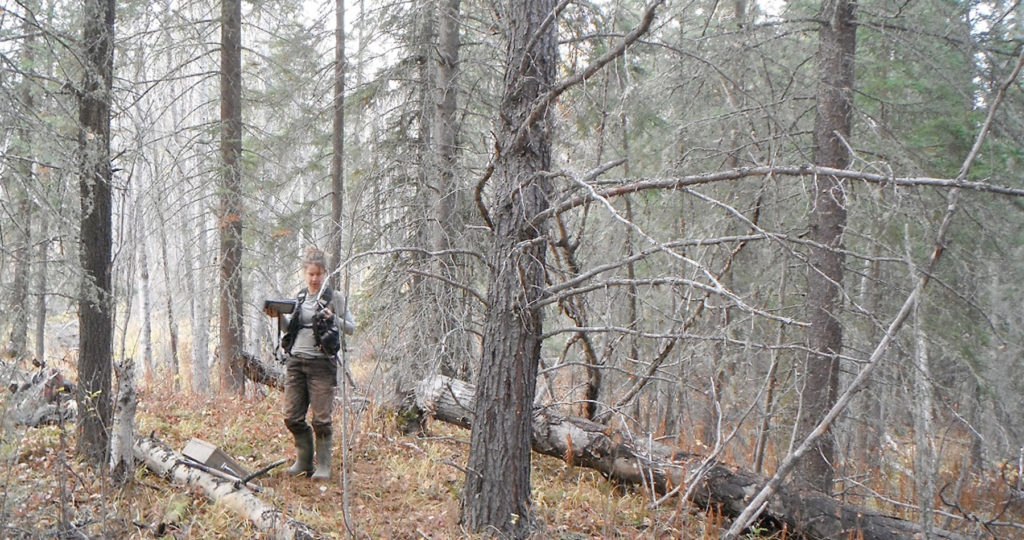
January 9, 2017
Introduction to CRM Part 1: Cultural Resource Management
Cultural Resource Management (CRM) is undertaken in many different countries all over the world and it can go by just as many names, Contract Archaeology, Consulting Archaeology, Compliance Archaeology, and Heritage Resource Management (HRM) to name a few. Whatever CRM is called, the underlying purpose is always the same. These archaeologists engage in the protection,
Keep Reading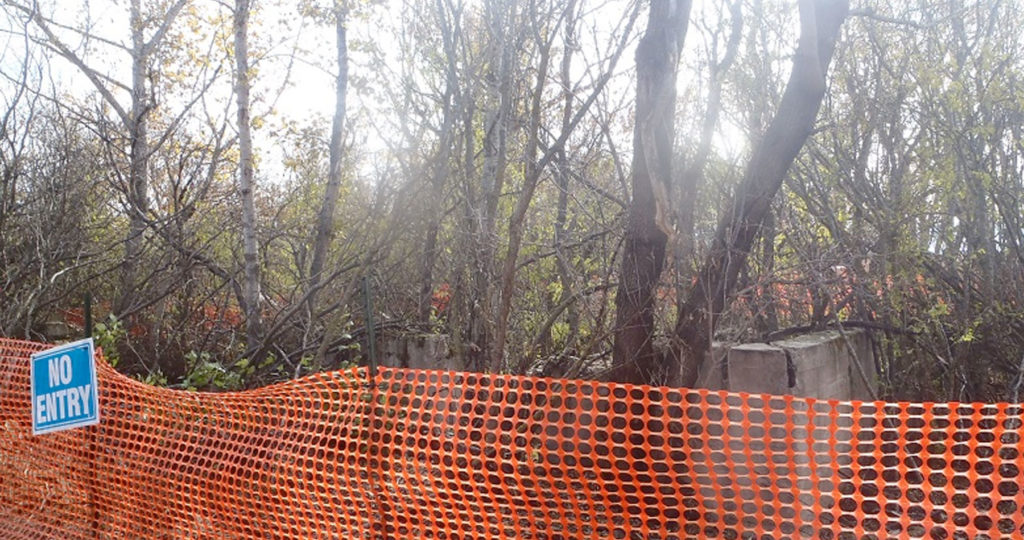
December 5, 2016
Archaeology Risk Management Plans?
In a previous blog post, I wrote about how remediation and archaeological impact assessment pose very similar problems, from a technical perspective. In both cases, there is something in the ground, and we need to figure out where, how much, and what to do about it. My impression is that remediation is well ahead of
Keep Reading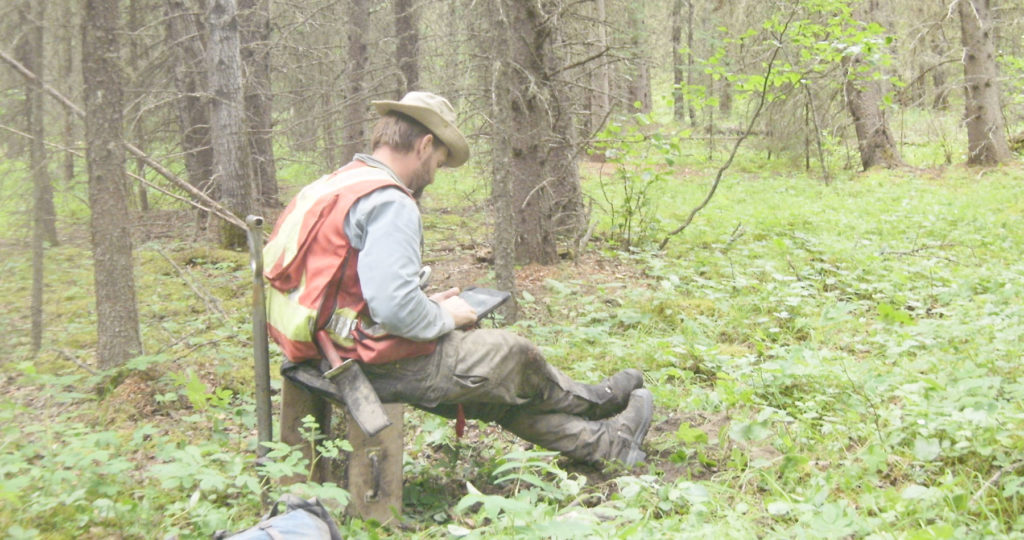
November 14, 2016
Careers in Archaeology
Consulting The most common career in archaeology is that of a consulting archaeologist. Consulting archaeologists work in the field of Historic Resource Management or Cultural Resource Management (CRM). People in this line of work generally work on Historic Resource Impact Assessments of planned developments before construction is started. The responsibility of consulting archaeologists is to
Keep Reading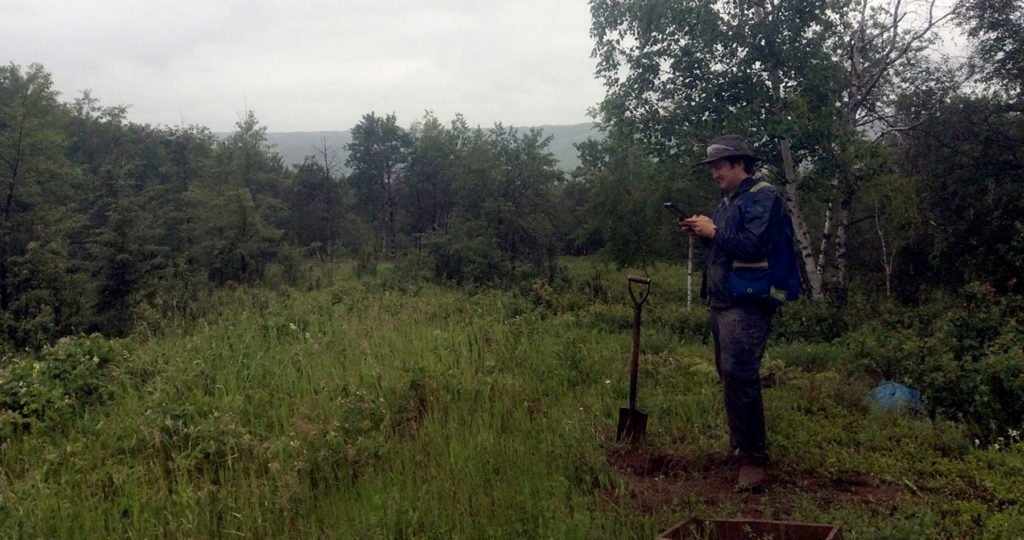
June 27, 2016
Why do we survey gravel pits?
Aggregate pit applications, even renewals, are regularly triggered for Historic Resources Impact Assessments in Alberta. This is mostly due to two factors: their location, and their impact levels. Good sand and gravel deposits are often located near watercourses, especially major rivers, and the presence of coarse parent sediment usually gives them better drainage than surrounding
Keep Reading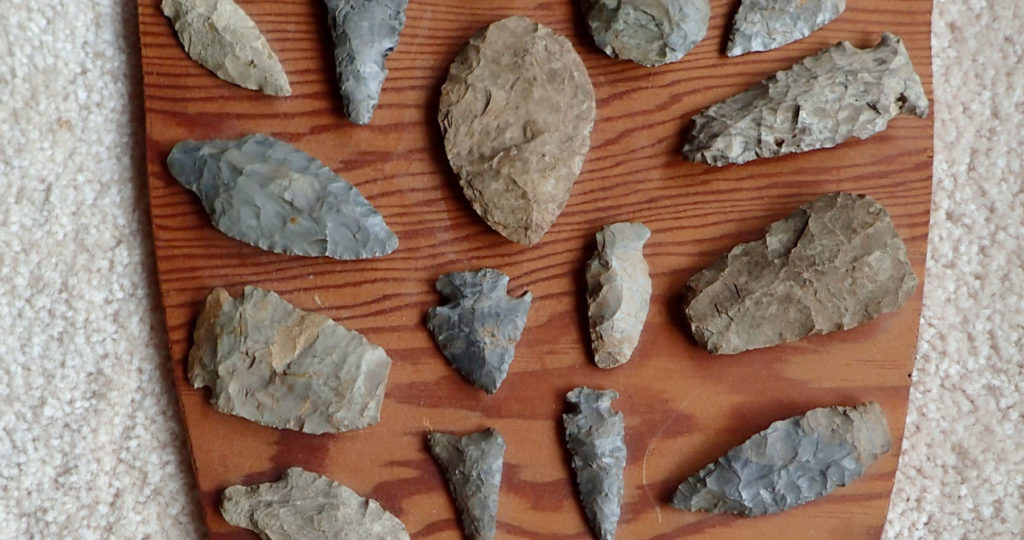
April 18, 2016
What should I do if I find an arrowhead?
It is not uncommon for farmers, gardeners and outdoors-men and women to find artifacts like arrowheads, spear points, stone axes and hammerstones. Farmers often find them in their fields after plowing. In fact many farmers have more impressive artifact collections than a lot of museums do! Click here to read about some of Alberta Culture’s
Keep Reading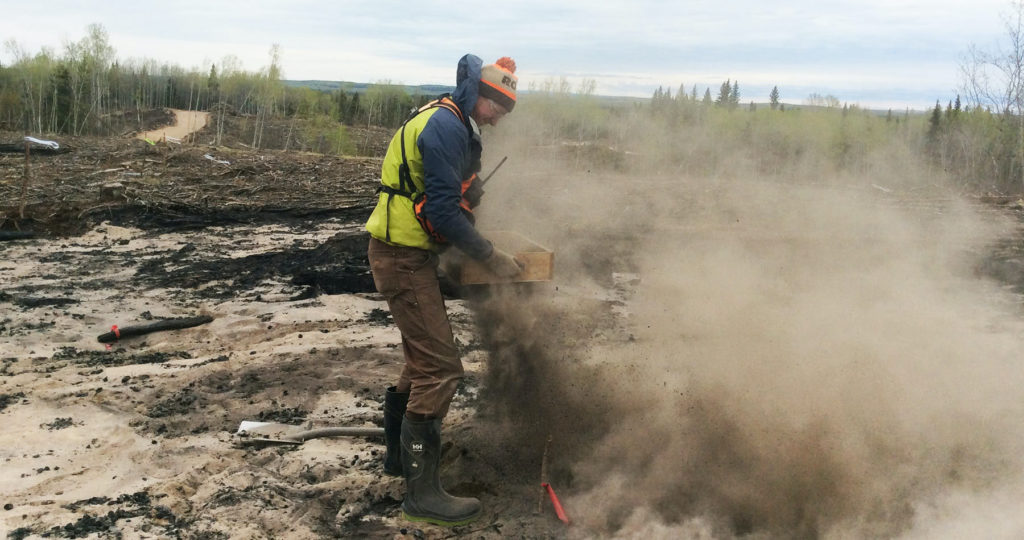
February 19, 2016
How are Historic Resources like Environmental Contaminants?
I attended the Environmental Services Association of Alberta regulatory forum in Edmonton on January 11th, 2016 with Mike Toffan, our Reclamation Coordinator. None of the regulatory updates dealt directly with Historical Resources Act concerns, but our work often occurs in the broader environmental regulation context, so it’s good to have a general understanding of things
Keep Reading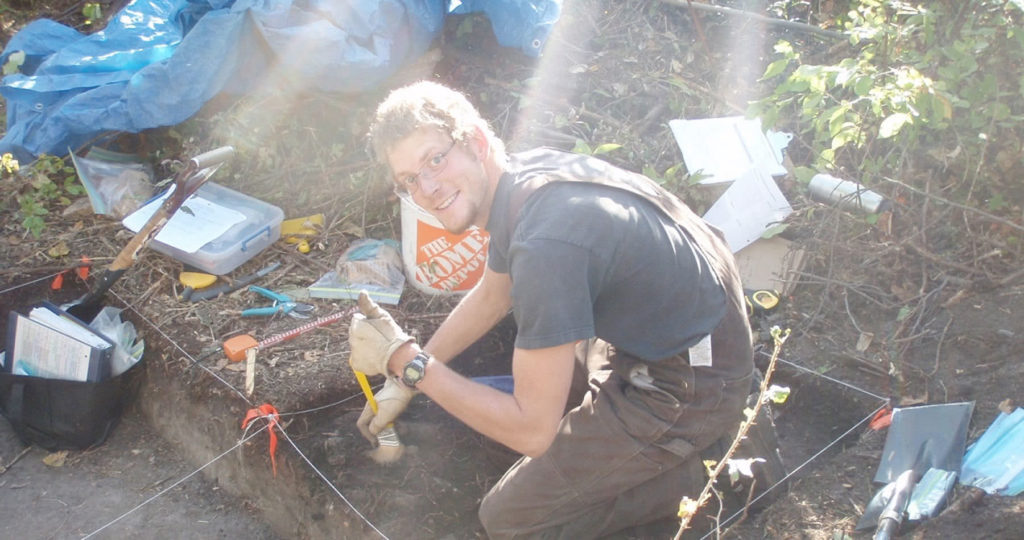
January 28, 2016
What is a Borden Number?
The Borden System is used to provide each archaeological site in Canada with a unique identifier, called a Borden Number. These identifiers consist of two parts – four letters (formatted AaBb) and a number separated by a dash. The letters represent the Borden block which is the geographical location of the site and the number
Keep Reading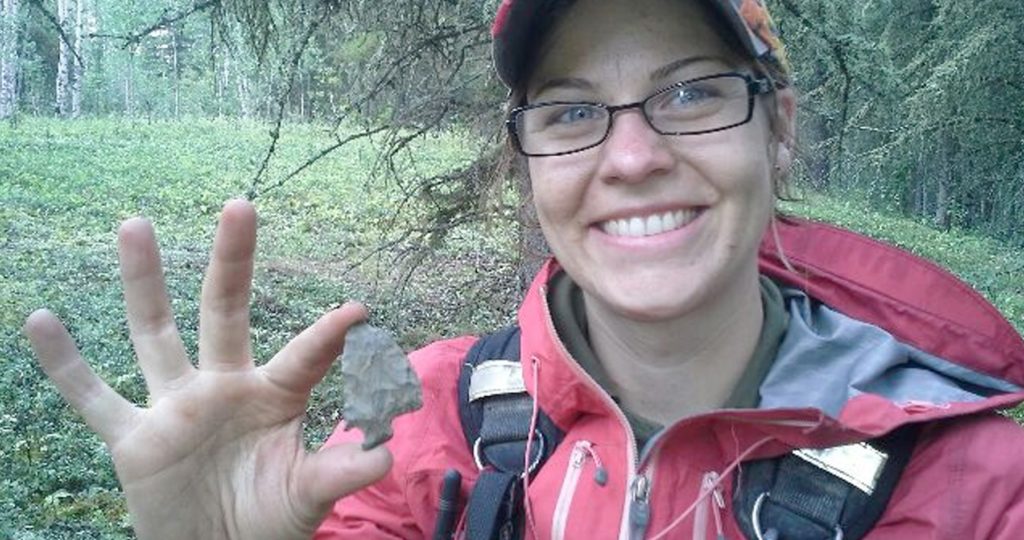
January 28, 2016
Why is Archaeology Important?
Archaeology provides us with the opportunity to learn about past cultures through the study of artifacts, animal bones and sometimes human bones. Studying these artifacts helps to provide us with some insight about what life was like for people who left behind no written record. In the case of historical archaeology the artifacts can help
Keep Reading